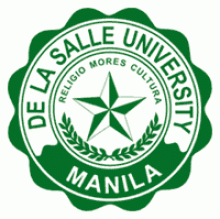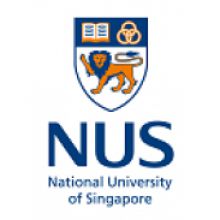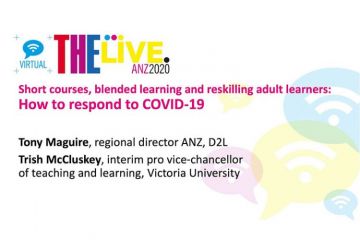The “discomfort” of being around stark wealth inequity aids in the formation of socially aware students who can be “part of finding the solution”, a Manila forum has heard.
Bernard Oca, president of De La Salle University, said the “social reality” of poverty right outside his campus was jarring for his “privileged” students. But it was also a potent learning opportunity.
“When you come into the university campus…you have a sense of peace and quiet [that] is not the reality outside,” Brother Bernard told the THE Campus Live SE Asia event hosted by his university. “We always remind [students] that, ‘You have been given a lot of graces and blessings by God. And you are meant to share that and be of service to the poor and the marginalised in our society.’”
De La Salle’s majestic campus is highlighted by the neoclassical St La Salle Hall, considered one of the Philippines’ finest buildings. Beyond the university gates, homeless families sleep on the broken pavement near Taft Avenue’s gridlocked traffic.
Brother Bernard, who began his elementary schooling at De La Salle in 1961 and has been there ever since, said he had witnessed Manila’s transition from a “quiet, gentrified city” to an urban jungle. During this period, the university had helped a “very poor community” adjacent to the campus.
Its houses were “blown away” in strong winds, forcing residents to shelter in the university gym. “Now…they have cement walls and sturdy surroundings, yet there is still poverty. De La Salle University is helping [provide] employment, livelihood, health and education.”
Roberto Yap, president of nearby Ateneo de Manila University, said his Jesuit institution considered education a “tool for social transformation”. The university put a “high premium” on “whole-person formation”, he told the forum.
Ateneo de Manila had created a social formation curriculum that was mandatory for all undergraduates and geared to their degrees, he said. First-year students might visit a poor community for a few days. In the second year, they might live there for a period. In the third year, they “work on certain projects with the community”, and in the fourth year they developed a “policy advocacy proposal”.
Eng Chye Tan, president of the National University of Singapore (NUS), said his students devoted 60 to 80 hours a year to community service as part of a general education component of their degrees. He said the university’s entrepreneurial arm, NUS Enterprise, had produced not only commercially oriented projects, but also social enterprises operating overseas.
One group had engineered a hand-operated filtration pump that had given thousands of poor villagers access to clean drinking water. Another had produced a “simply assembled toilet” for regions with inadequate sanitation.
But a De La Salle student said serving the marginalised was not a priority for most of his peers, who were focused primarily on their families in a country where up to 40 per cent of the population lived in poverty.
“We want to…create social impact [but] in fact very few people are doing that right now,” said the student, who asked not to be named. “A lot of Filipinos have not reached that point of privilege and comfort to be able to focus on this societal perspective.
“You can grow your families, your own wealth and your own privilege while at the same time helping others. But I think we are still quite a long way from that.”
Register to continue
Why register?
- Registration is free and only takes a moment
- Once registered, you can read 3 articles a month
- Sign up for our newsletter
Subscribe
Or subscribe for unlimited access to:
- Unlimited access to news, views, insights & reviews
- Digital editions
- Digital access to THE’s university and college rankings analysis
Already registered or a current subscriber?











